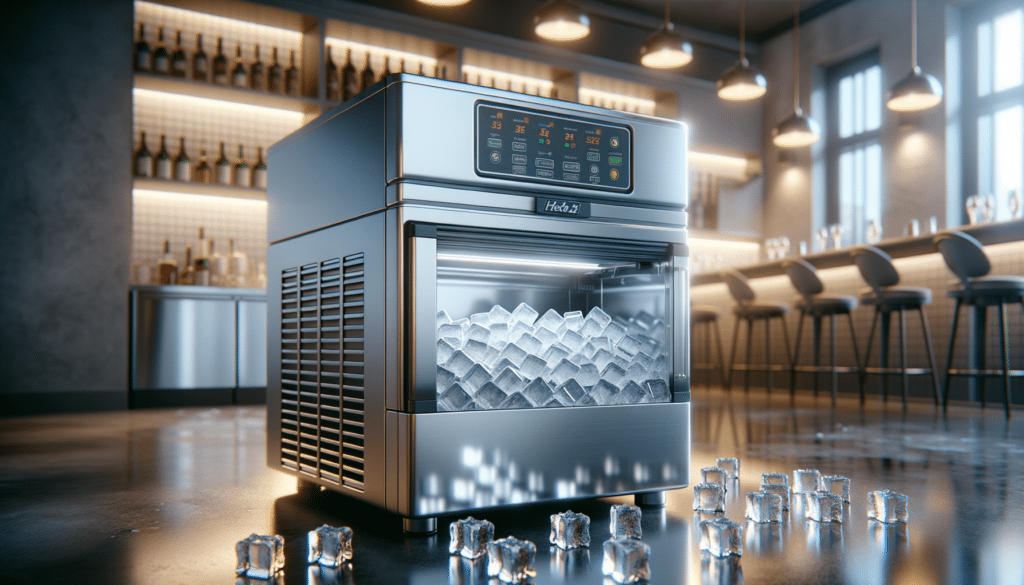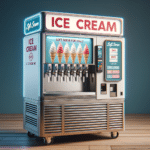Introduction to Commercial Ice Machines
In the bustling world of food and beverage services, the demand for ice is constant and critical. Whether it’s a high-end restaurant or a cozy café, the right commercial ice machine is a cornerstone for efficient operations. Investing in a reliable ice maker not only ensures a steady supply of ice but also enhances customer satisfaction by maintaining the quality of drinks and dishes. In 2025, the landscape of commercial ice machines offers a variety of options tailored to different business needs, making it essential to understand the features and benefits before making a purchase.
Understanding the Needs of a Restaurant Ice Machine
For restaurants, ice is more than just a way to chill drinks; it’s a vital component in food preparation, presentation, and preservation. Choosing the right restaurant ice machine involves considering several factors:
- Capacity: The volume of ice a machine can produce and store is crucial. Restaurants with high foot traffic require machines that can keep up with demand.
- Type of Ice: Different ice types, such as cubes, flakes, or nuggets, serve various purposes. For instance, cubes are ideal for cocktails, while flakes are perfect for seafood displays.
- Energy Efficiency: With sustainability becoming a priority, energy-efficient models are gaining popularity. They not only reduce utility bills but also align with eco-friendly practices.
By understanding these needs, restaurant owners can select a machine that complements their operation, ensuring smooth service and satisfied customers.
Choosing the Right Ice Maker for Your Business
When selecting an ice maker for business, the decision should be guided by the specific requirements of the operation. Here are some considerations:
- Space and Placement: The physical space available can dictate the size and type of ice machine. Undercounter models are suitable for smaller venues, while larger establishments might benefit from modular units.
- Maintenance and Durability: Regular maintenance is essential to ensure longevity and performance. Opting for machines with easy-to-clean components can save time and reduce downtime.
- Cost vs. Benefit: While upfront costs are a consideration, the long-term benefits of a reliable machine—such as reduced maintenance and energy savings—can justify the investment.
By evaluating these factors, businesses can make informed decisions that align with their operational goals and customer expectations.
Comparing Commercial Ice Machine Options
The market offers a variety of commercial ice machine options, each with unique features and benefits. Understanding these differences can guide buyers in choosing the most suitable model:
- Self-Contained Units: These machines combine the ice maker and storage bin in one unit, making them ideal for small to medium-sized businesses.
- Modular Units: Designed for high-volume needs, these machines have separate ice-making and storage components, offering flexibility in placement and capacity.
- Countertop Ice Makers: Compact and efficient, these are perfect for businesses with limited space, such as cafés or food trucks.
By comparing these options, businesses can select a machine that not only meets their ice production needs but also fits seamlessly into their operational setup.
Conclusion: Making an Informed Investment
Investing in a commercial ice machine is a significant decision that can impact the efficiency and success of a business. By understanding the specific needs of their operations and comparing the available options, business owners can choose a machine that delivers reliable performance and enhances customer satisfaction. As the market continues to evolve, staying informed about the latest innovations and trends in ice machine technology will ensure that businesses remain competitive and responsive to customer demands.


